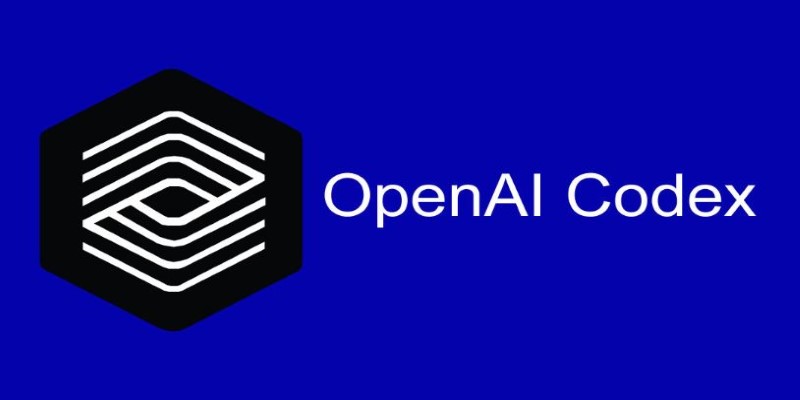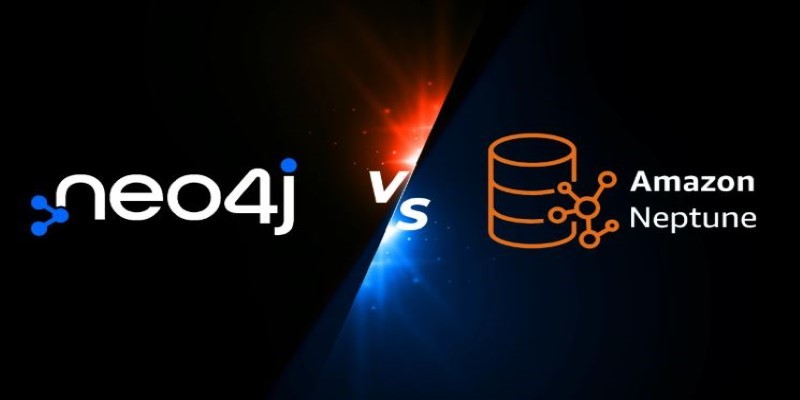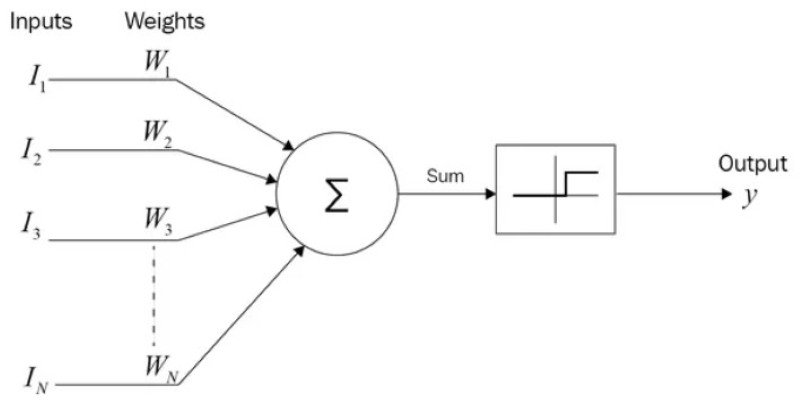Advertisement
Writing code was once a skill shaped solely by human hands—driven by logic, creativity, and years of learning. But the landscape is shifting fast. Large Language Models (LLMs) are now stepping in as intelligent coding partners, not just tools. These models can write functions, fix bugs, and even offer design suggestions. Far from being futuristic gimmicks, the top 6 LLMs for coding are already changing how developers work.
They save time, reduce errors, and improve code quality. This article looks closely at these models, how they operate, and why they’ve become essential in modern software development. The future of coding includes them.
These 6 AI models go beyond code suggestions—they’re changing how developers plan, build, and troubleshoot software, making development faster, smarter, and more intuitive than ever.
OpenAI Codex is one of the most recognized names when discussing LLMs for coding. It powers GitHub Copilot, a popular tool integrated directly into code editors. Codex supports several programming languages, with strong expertise in Python, JavaScript, and TypeScript. Its standout feature is real-time code completion, helping developers by suggesting entire blocks of code as they type.

OpenAI Codex works best in environments where quick prototyping and repetitive task automation are necessary. Whether it’s writing boilerplate code, generating unit tests, or handling API integrations, Codex simplifies these tasks significantly. Its natural language understanding allows developers to describe what they need in plain English, making coding feel like a conversation.
DeepMind’s AlphaCode made headlines when it demonstrated the ability to solve complex programming challenges at the level of experienced competitive programmers. AlphaCode uses advanced transformer models trained on millions of programming problems and solutions from coding competitions.
What sets AlphaCode apart is its problem-solving ability beyond standard code generation. It focuses on creating algorithms from scratch and structuring them in optimal ways. While AlphaCode is still under research and not widely available as a commercial product, its technology hints at the future of LLMs for coding — one where AI can tackle not only syntax but complex logic problems that require innovative thinking.
Meta (formerly Facebook) introduced Code Llama as its answer to code generation challenges. Built as an extension of its LLaMA language model, Code Llama is designed specifically for programming use cases. It supports a wide range of languages and offers specialized models like Code Llama-Python for Python-centric development.
Code Llama shines in large-scale development environments, offering longer code generation without sacrificing accuracy. It helps with documentation generation, bug fixing, and code translation between languages. Its open-source nature makes it a popular choice among researchers and developers looking for customizable LLMs for coding.
Google’s latest innovation, AlphaCode 2 (often referred to as Gemini for Coding), has further advanced the capabilities of LLMs for coding. This model leverages Google's extensive infrastructure and training datasets to provide code generation and optimization features.
AlphaCode 2 integrates deeply with Google's developer tools, including Google Cloud and Android Studio. Its smart code analysis helps detect performance bottlenecks, recommends more secure coding practices, and suggests refactoring strategies. This LLM is expected to become a key player in enterprise environments where code quality and security are non-negotiable.
Replit has made a name for itself by offering browser-based development environments, and its LLM-powered code completion tool, Ghostwriter, enhances that experience. Ghostwriter is trained to support interactive and collaborative coding in real time, making it perfect for educational platforms and collaborative projects.
Ghostwriter provides instant feedback and error detection as developers code, helping beginners learn faster while assisting experienced developers with tedious tasks. Its strength lies in being lightweight and optimized for web-based IDEs, making it a practical LLM for coding across devices without sacrificing performance.
Tabnine stands out in the world of LLMs for coding for its privacy-first approach. Unlike models that depend heavily on cloud-based computations, Tabnine offers on-device code completions. This feature makes it particularly attractive for industries with strict data privacy policies.

Tabnine supports over 20 programming languages and integrates seamlessly with popular code editors like VS Code, IntelliJ IDEA, and more. It focuses on team-based development, learning from an organization’s codebase to offer context-aware suggestions tailored to company-specific coding styles. This personalized approach allows teams to maintain consistency while leveraging the power of AI.
Selecting the best LLM for coding depends on several factors, including project size, team collaboration needs, preferred programming languages, and privacy requirements. Some models, like OpenAI Codex, excel at real-time code suggestions for individual developers. Others, like Tabnine, offer privacy-friendly features ideal for enterprise settings.
For research-intensive projects or algorithmic problem-solving, DeepMind's AlphaCode offers a glimpse into the future of intelligent coding partners. Meanwhile, Code Llama’s open-source nature appeals to developers looking for customizable solutions.
In a collaborative environment, Replit’s Ghostwriter enhances remote coding experiences with real-time feedback, while Google’s AlphaCode 2 focuses on producing production-ready code with best practices and security in mind.
It’s also worth considering the integration ecosystem. For example, developers already working within GitHub might benefit more from Codex-powered Copilot, while teams using Google Cloud could take advantage of AlphaCode 2’s tight integration with Google’s tools.
The top 6 LLMs for coding are transforming software development by enhancing productivity, reducing errors, and simplifying complex tasks. Whether you're building prototypes, writing production-level code, or learning as you go, these models offer valuable assistance tailored to different needs. As AI continues to evolve, so will its role in programming. These tools aren’t just trends—they’re becoming essential coding partners that improve how we write and understand code, making development faster, smarter, and more collaborative across the board.
Advertisement

Wondering whether to use Streamlit or Gradio for your Python dashboard? Discover the key differences in setup, customization, use cases, and deployment to pick the best tool for your project

Gemma Scope is Google’s groundbreaking microscope for peering into AI’s thought process, helping decode complex models with unprecedented transparency and insight for developers and researchers

Accessing Mistral NeMo opens the door to next-generation AI tools, offering advanced features, practical applications, and ethical implications for businesses looking to leverage powerful AI solutions

Explore a detailed comparison of Neo4j vs. Amazon Neptune for data engineering projects. Learn about their features, performance, scalability, and best use cases to choose the right graph database for your system

How the SUMPRODUCT function in Excel can simplify your data calculations. This detailed guide explains its uses, structure, and practical benefits for smarter spreadsheet management

Google AI open-sourced GPipe, a neural network training library for scalable machine learning and efficient model parallelism

Gain control over who can access and modify your data by understanding Grant and Revoke in SQL. This guide simplifies managing database user permissions for secure and structured access

Can Germany's new AI self-driving test hub reshape the future of autonomous vehicles in Europe? Here's what the project offers and why it matters

How COUNT and COUNTA in Excel work, what makes them different, and how to apply them effectively in your spreadsheets. A practical guide for clearer, smarter data handling

Gen Z embraces AI in college but demands fair use, equal access, transparency, and ethical education for a balanced future

What Hannover Messe 2025 has in store, from autonomous robots transforming manufacturing to generative AI driving innovation in industrial automation

Need to update your database structure? Learn how to add a column in SQL using the ALTER TABLE command, with examples, constraints, and best practices explained